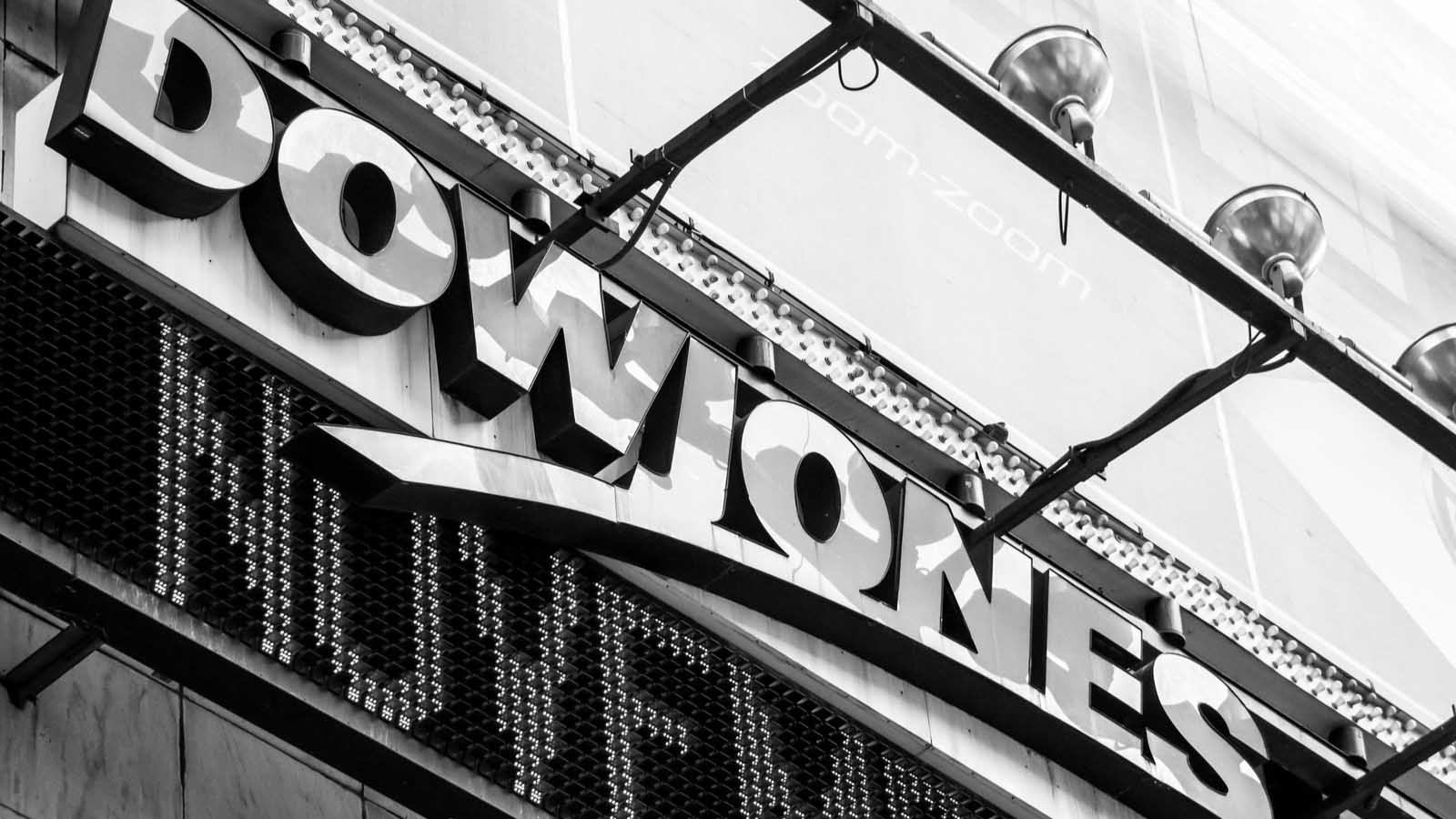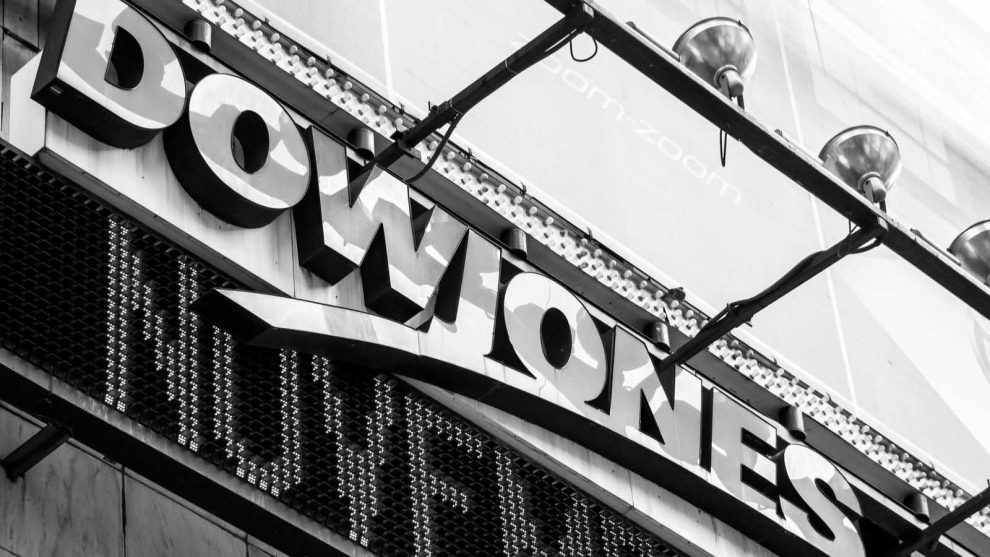
Though we often think of the Dow Jones Industrial Average as the representative of the 30 most significant and influential companies in the United States, even its members can sometimes falter. These struggles can stem from decreases in consumer spending, grievous mismanagement and even quality control failures that can cause international incidents. These unfortunate circumstances often lead to the formation of Dow stocks to sell.
Thus, the old saying that the “bigger they are, the harder they fall” applies even to legacy blue-chip stocks like those on the Dow. For investors, knowing when to exit or avoid positions in these failing stocks can help improve the long-term trajectory of cash holdings like retirement portfolios or college funds.
As such, investors should keep a close eye on the reputations and overall outlook for the following three stocks, as they may not be able to provide the returns once expected of them.
McDonald’s (MCD)

Times might be tough for McDonald’s (NYSE:MCD) shareholders, but that’s because times are even tougher for its customers. In this case, the culprit for McDonald’s struggle to inspire investor confidence and grow financial metrics is inflation. Yet, as part of its response to inflation, McDonald’s has decreased both quality and quantity, with many of its burgers smaller than ever before and little to no warnings to customers.
This means that the company’s core demographic of customers who rely on affordable and filling meals is starting to turn away due to rising costs for unsatisfactory meals. McDonald’s attempted to address this trend in July by introducing its $5 value meal deal, but the deal’s temporary nature means it won’t become a long-term revenue driver.
As such, investors may want to put MCD on their list of Dow stocks to sell until inflation cools and customers adjust to the reality that $20 is no longer enough to buy their family a meal.
Intel (INTC)

This year has seen roughly 60% of Intel’s (NASDAQ:INTC) share value disappear with malady after malady striking it in the news. Currently, INTC remains one of the Dow stocks to sell based on one critical issue with its 13th and 14th-generation central processing units. How Intel addresses this instability in its chips could impact its market share for CPUs in the short term.
In July, Intel announced that it had found the root cause of the crashing issues plaguing its CPUs. The issue was the processor’s microcode incorrectly routing electricity through the circuit, causing it to overcharge and crash. The company is releasing a microcode update to address the issues by mid-August, potentially ending the crisis that has mired its newest CPUs in crashing errors since December 2022.
Beyond this, the layoff of 15,000 employees and the decisions to pay its CEO over $16 million in compensation amid such catastrophic failures make INTC worth staying away from for a while.
Boeing (BA)

It’s safe to say that Boeing (NYSE:BA) is among the top Dow stocks to sell this year. With 35% of its value gone since January, the company doesn’t seem to have much of a recovery trajectory ahead other than the recent purchase of its supplier, Spirit AeroSystems (NYSE:SPR).
Yet, that move could be in jeopardy of soothing investor concerns as both are summoned to testify before the National Transportation Safety Board. Should the two companies struggle to answer the federal government’s questions on the quality control misses, Boeing’s share value could continue to decline.
Ultimately, the fact that Boeing is ever so slightly above its first support level of around $160 should be worrisome to investors heading into the news cycle. That’s because any more bad news could plunge it well below $160 depending on the decisions of the government.
On the date of publication, Viktor Zarev did not have (either directly or indirectly) any positions in the securities mentioned in this article. The opinions expressed in this article are those of the writer, subject to the InvestorPlace.com Publishing Guidelines.
On the date of publication, the responsible editor did not have (either directly or indirectly) any positions in the securities mentioned in this article.







